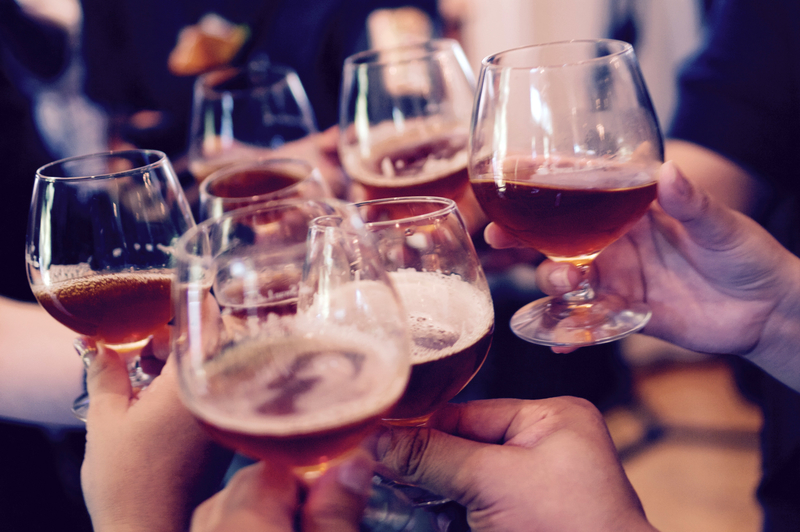This post is also available in Dutch.
2018 marks the 200th birth year of our institute’s namesake: Franciscus Cornelis Donders. In his honor, we’re going to party! Why bother celebrating this? Should you go? (Yes!)
Not only has it been two centuries since Donders was born, but it has also been 10 years since the founding of the Donders Institute for Brain, Cognition and Behaviour. Our party planning committee has arranged a fabulous fête for us all and, in the spirit of our institute, it took a lot of dedicated work and collaboration. One might wonder why such an ambitious party is necessary. In the words of Harold Bekkering, Chair of the Donders Institute, “There’s no better way to start teamwork than with a party.” We couldn’t agree more.
Humans are social creatures and these types of events provide colleagues with the opportunity to integrate and form close relationships by getting to know each other. Parties are a type of leisure activity which give us a time and place for longer personal interaction and exchange of information. Researchers have found that more of these work related social activities (for instance, attending company parties and discussing non-work matters with colleagues) are associated with closer relationships among coworkers. When we are not at work, we tend to become more open about our personal lives and the non-work roles we may have. Studies of self-disclosure demonstrate that sharing bits of our personal lives makes people feel closer to each other and increases the extent to which people like each other. Furthermore, the bond between colleagues has a significant influence on workplace outcomes like work group performance, attendance, and turnover rates. Indeed, parties and social gatherings are important for all workplaces, particularly given the collaborative nature of science and research. “Often we go to work and make friends with our colleagues, but it’s really nice to be able to see them in a different environment, in a fun atmosphere,” says Bekkering.
The Donders Institute, much like the field of neuroscience, is comprised of people from many different backgrounds: Engineers, physicists, psychologists, mathematicians, biologists, etc. Just like our work place, the Donders 200 Party* was planned with a collaborative, bottom-up approach. The planning committee is composed of a variety of PhD students, post-docs, and professors, all of whom have differing backgrounds and opinions on how a party should be—from the kind of music to be played, to the type of venue, to how the space should be structured. According to Bekkering, “The party itself is reflective of the diversity and makeup of the Donders Institute.” Thus, attendees of the Donders 200 party will be able to enjoy different types of music and will be able to socialize in different spaces of the venue, whether they prefer chatting or dancing!
Most of the world’s population (58%) spend approximately one-third of their adult lives at work. Next time you step into the work place, spend some time getting to know your colleagues and let them get to know you too.
*Are you a (former) Donders employee or alumnus? RSVP here.
Written by Christienne Gonzales Damatac
Edited by Annelies van Nuland
Translated by Jill Naaijen
